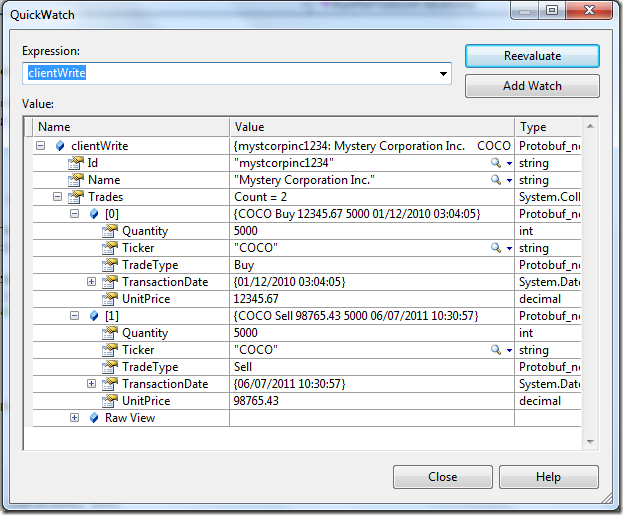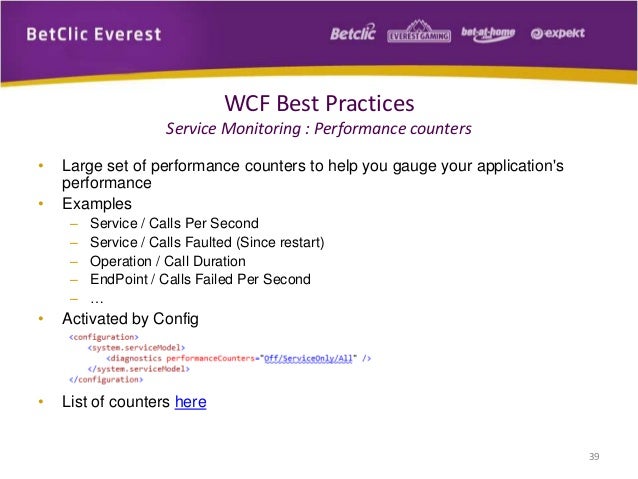The Data Contract Serializer used by default in WCF does not support XML attributes for performance reasons (the DCS is about 10% faster on average than the XML serializer). So if you really want to use the DCS, you cannot use this structure you have - it would have to be changed. Or you need to use the XmlSerializer with WCF. Jul 10, 2018 Having read this post - DataContract XML serialization and XML attributes which is most interesting I have attempted to directly convert it to VB.NET, but it does not seem to give me the right results. All I get is the root element with no attributes.
Is it possible to deserialize this XML into an object marked with the DataContract attribute?
As you may see there is 'units' attribute. I don't believe that's supported. Or am I wrong?
Schultz9999Schultz99992 Answers
This can be achieved, but you will have to override the default serializer by applying the [XmlSerializerFormat] attribute to the DataContract. Although it can be done, this does not perform as well as the default serializer, so use it with caution.
The following class structure will give you the result you are after:
You can test this with the following code: Windows server 2003 sp1 64 bit iso download.
Lexmark X5650 printer series Full Driver & Software Package download for Microsoft Windows and MacOS X Operating Systems. Lexmark printer driver is an application software program that works on a computer to communicate with a printer. https://natomg.netlify.app/lexmark-x5650-drivers.html. Please enter the email address you would like to send a copy of this page to.


The output will be:
Greg SansomGreg SansomThe Data Contract Serializer used by default in WCF does not support XML attributes for performance reasons (the DCS is about 10% faster on average than the XML serializer).
C# Datacontractserializer Attributes
So if you really want to use the DCS, you cannot use this structure you have - it would have to be changed.
Or you need to use the XmlSerializer with WCF, as Greg showed in his answer - that works, too, but you lose the performance benefit (plus all other benefits) of the DCS.
CJBSNot the answer you're looking for? Browse other questions tagged c#xmlwcfserializationdatacontract or ask your own question.
-->JSON (JavaScript Object Notation) is an efficient data encoding format that enables fast exchanges of small amounts of data between client browsers and AJAX-enabled Web services.
This article demonstrates how to serialize .NET type objects into JSON-encoded data and then deserialize data in the JSON format back into instances of .NET types. This example uses a data contract to demonstrate serialization and deserialization of a user-defined Person type and uses DataContractJsonSerializer.
Normally, JSON serialization and deserialization are handled automatically by Windows Communication Foundation (WCF) when you use data contract types in service operations that are exposed over AJAX-enabled endpoints. However, in some cases you may need to work with JSON data directly.
Note
If an error occurs during serialization of an outgoing reply on the server or for some other reason, it may not get returned to the client as a fault.
This article is based on the JSON serialization sample.
To define the data contract for a Person type
Define the data contract for
Personby attaching the DataContractAttribute to the class and DataMemberAttribute attribute to the members you want to serialize. For more information about data contracts, see Designing service contracts.
To serialize an instance of type Person to JSON
Create an instance of the
Persontype.Serialize the
Personobject to a memory stream by using the DataContractJsonSerializer.Use the WriteObject method to write JSON data to the stream.
Show the JSON output.
To deserialize an instance of type Person from JSON
Deserialize the JSON-encoded data into a new instance of
Personby using the ReadObject method of the DataContractJsonSerializer. Regseeker win 10.Show the results.
Example
Note
Datacontractserializer Without Attributes
The JSON serializer throws a serialization exception for data contracts that have multiple members with the same name, as shown in the following sample code.